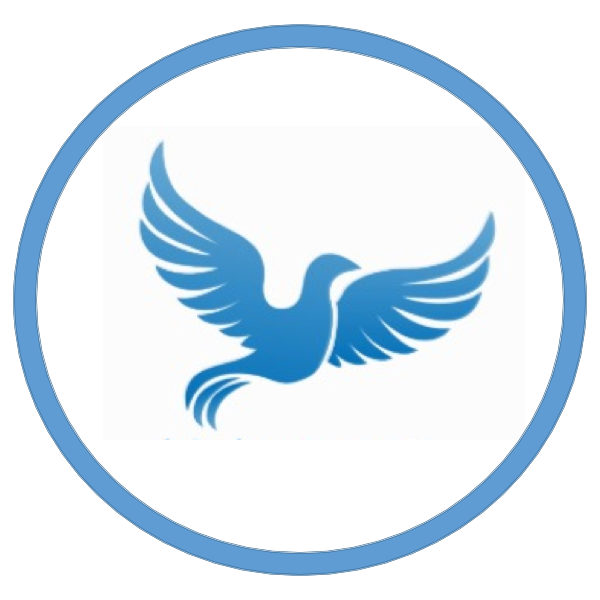Lenalidomide After Allo Transplant
Description
If you agree to participate in this research study you will be asked to undergo some screening tests or procedures to find out if you are eligible. Many of these tests and procedures are likely to be part of regular cancer care and may be done even if it turns out that you do not take part in the research study. If you have had some of these tests or procedures recently, they may or may not have to be repeated. These tests and procedures include: complete medical history, physical examination, blood collection, disease assessment, bone marrow aspirate, electrocardiogram and HIV/Hepatitis blood test. If these tests show that you are eligible to participate in the research study, you will begin the study treatment. If you do not meet the eligibility criteria, you will not be able to participate in this research study.
Since we are looking for the highest dose of the study drug that can be administered safely without severe or unmanageable side effects in participants that have lenalidomide, not everyone who participates in this research study will receive the same dose of the study drug. The dose you get will depend on the number of participants who have been enrolled in the study before you and how well they have tolerated their doses. The total duration of the treatment on this study is 12 weeks or three cycles of 28 days each. At the beginning of each cycle you will receive all the lenalidomide capsules that you will need to take for that cycle. If you take more than the prescribed dose of lenalidomide you should seek emergency medical care if needed and contact study staff immediately. Females of childbearing potential that may be caring for you should not touch the lenalidomide capsules or bottles unless they are wearing gloves.
During the treatment you will be seen in the clinic every two weeks. At every visit the following will be performed: Complete medical history and physical exam, blood collection and research blood testing. If you have myeloma, at the beginning of each cycle you will undergo a disease assessment with blood and urine tests. Any unused Revlimid (lenalidomide) should be returned as instructed through the RevAssist program.
After you have completed taking the drug on the study, the following procedures and tests will take place: Complete medical history and physical examination, blood collection, disease assessment, bone marrow aspirate/biopsy and research blood testing. You will be on the study treatment for about three months and will be followed every three months after your treatment ends for two years.




